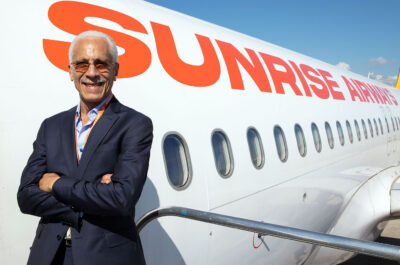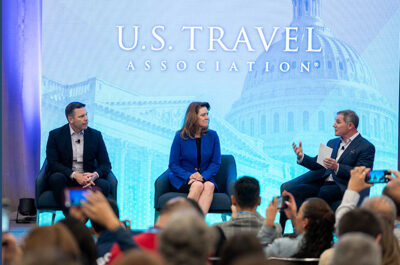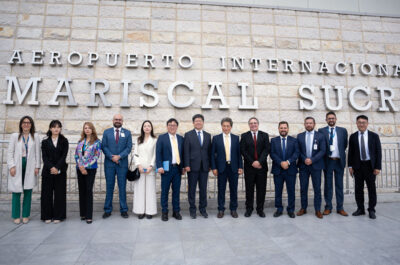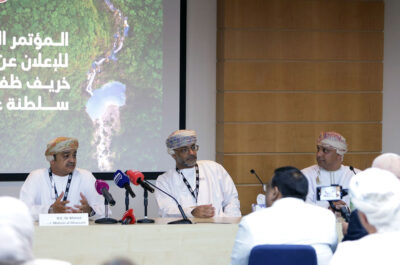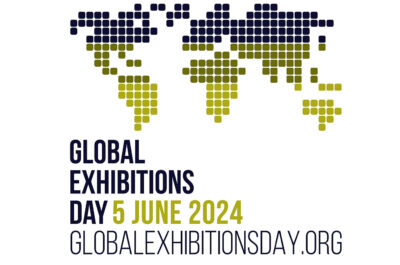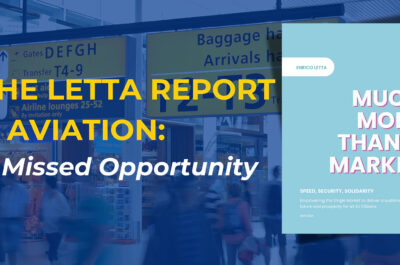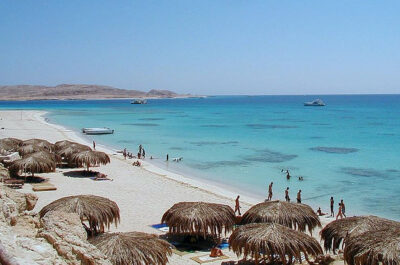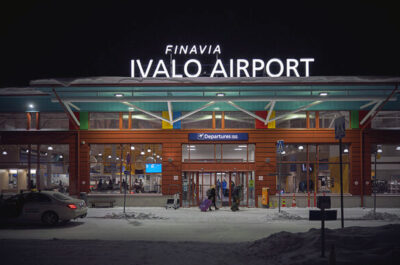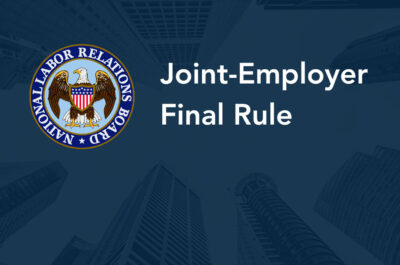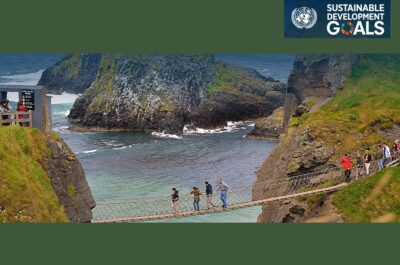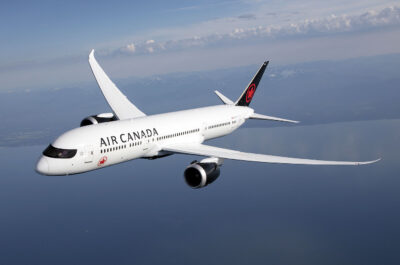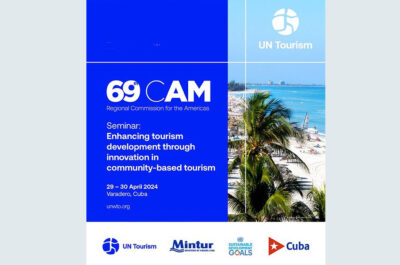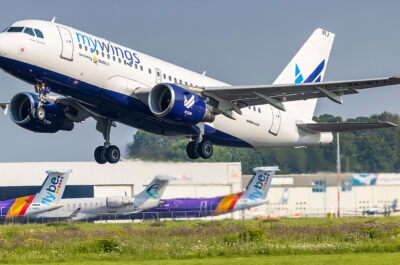The Travel Business Roundtable`s (TBR) global partner, the World Travel and Tourism Council (WTTC), analyzed…
The Travel Business Roundtable`s (TBR) global partner, the World Travel and Tourism Council (WTTC), analyzed and assessed the potential impact on the travel and tourism industry of a war with Iraq.
WTTC has made projections based on two scenarios: a base case in which there is a diplomatic solution or victory after a short, contained war; and projections if there is a prolonged war.
The tourism sector suffered particularly badly during the Gulf War in 1990-1991. That conflict had an impact on growth via three main channels: oil prices increased sharply; equity prices fell sharply across most developed economies; and business and consumer confidence declined. The economic impact of renewed hostilities in the Gulf would come through the same three channels.
The principal distinction between the two scenarios is essentially the length of time that oil supplies are disrupted but in either case, the macroeconomic impact would almost certainly have a disproportionate effect on the travel and tourism industry.
Base Case
Whether there is a diplomatic solution or a short contained war, the effect on economic growth will likely be the same. Most of the negative effects, including loss of consumer confidence and postponement of investment decisions, are already occurring. However, it is likely that a war itself would generate a further decline in international travel, thereby having a greater impact on the travel and tourism industry than the economy as a whole.
War Scenario
The longer a conflict with Iraq, the greater the impact on the industry and economy. A sustained disruption to oil supplies will lead to persistently higher oil prices. An inconclusive or prolonged military engagement will probably undermine confidence in equity markets by a larger amount and for a longer period of time, creating additional pressure on consumer confidence and spending, business investments, and travel. There also would likely be a rapid drop in world trade.
On a global level, if there is a prolonged war, the research estimates a loss in 2003 of more than three million industry jobs and more than $30 billion in economic value (gross domestic product). The effect on the travel and tourism industry in the United States is analyzed in four components: demand, exports, gross domestic product, and employment.
Demand: A further decline of 2.3% on travel and tourism demand, resulting in the loss of $30.8 billion;
Exports: The international visitor segment is hit the hardest during periods of conflict, terrorism and political uncertainty. A decline in travel and tourism exports is estimated at 13%, resulting in the loss of $11.8 billion;
GDP: History shows that travel and tourism behavior and consumption change during periods of conflict with domestic travel replacing some portion of international travel. The industry`s GDP is expected to decrease by 3.7%, resulting in a loss of $16.9 billion;
Employment: This is the most comprehensive and personal gauge of war, conflict and terrorism on the industry. An estimated 449,100 jobs will be lost.
In the absence of a prolonged war, WTTC research estimates that the travel and tourism industry would have the following economic impact on the U.S. economy in 2003:
- Generate $1.4 trillion in economic activity;
- GDP totaling 10.9 percent ($1.180 trillion)
- Employment totaling 16,347,900 jobs or 12.0 percent of total employment (1 in every 8.3 jobs);
- Generate 13.9 percent of total exports, worth $161.7 billion.
In this period of great uncertainty it is critical that the travel and tourism industry work closely with our federal and local governments, continuing to support the efforts to secure our borders and insure the safety of travelers. It is also imperative that we work cooperatively to mitigate the impact of a conflict on our industry, which is so vital to our nation`s overall economy, notes Jonathan Tisch, Chairman of TBR and Chairman and CEO of Loews Hotels. We must work even harder to restore the international travel market, and allow visitors to experience the beauty of our country. Promoting a positive image of America and Americans is more important than ever.
The effort to strengthen the declining international travel market recently got a boost when Congress passed legislation that will provide funding to establish a destination marketing campaign for the United States.
WTTC`s President Jean-Claude Baumgarten notes that the impact of a prolonged war will not have a uniform impact on all countries. But, in the event the worst case scenario takes place, we will look for immediate and decisive action from governments to protect and secure this vital world industry, he said.
In particular, Baumgarten called for strong and proactive public-private partnerships to develop emergency contingency plans that would help mitigate the impact of events. Key interventions might range from tax breaks to increased levels of investment by governments in security, tourism promotion and infrastructure.
Here in the U.S., TBR continues its efforts to work cooperatively with elected officials on all levels, and to focus its attention on minimizing the impact of a potential conflict so as to limit the loss of demand and consequential loss of jobs. TBR believes the most effective way for the private sector and the federal government to work together, is through the creation of a Presidential Advisory Council on Travel and Tourism, a proposal that TBR first initiated two years ago.
Theodore is the Co-Founder and Managing Editor of TravelDailyNews Media Network; his responsibilities include business development and planning for TravelDailyNews long-term opportunities.


